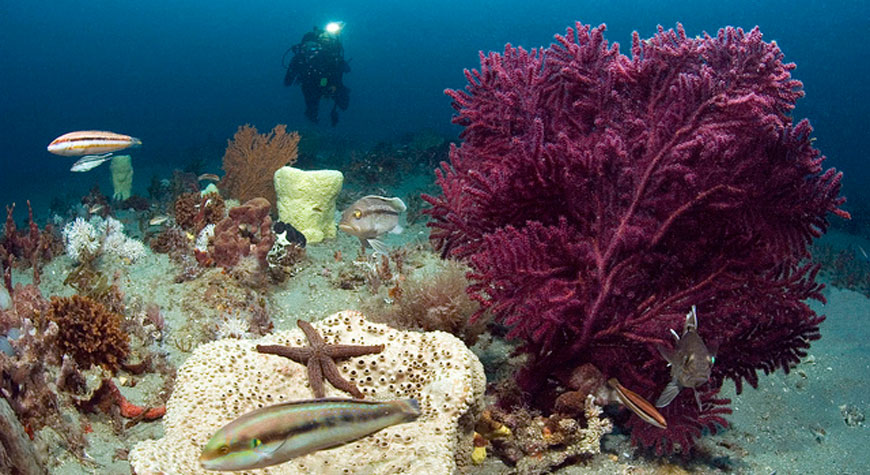On June 8th 2015, the world celebrated World Oceans Day. Thousands of pictures of the beautiful blue sea, sometimes accompanied with the owner of the picture in the frame, flooded social media timelines with the hashtag #worldoceansday. Ironically, amidst the eye-pleasing pictures we witnessed last Friday, there is a (mostly) forgotten ugly fact about our ocean: that it’s been dogged by a massive, floating problem, one that will only get worse if no action is taken right now.
A study published on early February this year from the journal Science revealed that there is around 8 million metric tons of plastic waste floating in our ocean now, endangering the lives of millions of sea creatures and the marine ecosystem. What’s even worse is that Indonesia placed second in the list of countries that contributed the most to the accumulation of the ocean’s plastic debris, only beaten by the world’s most populous country, China.
The research done by a team of scientist from University of Georgia found that the main cause for the plastic waste that weighs more than 14,000 times the weight of an Airbus A380 aircraft is the “uncaptured waste,” trashes that are not accounted in the waste management system. During the research, the team focused on the data from 192 coastal countries, combining the information on solid waste, population density, and the economic status of populations 50 kilometers from the coast. From the total 273 million metric tons of plastic waste, 4.8 million to 12.7 million metric tons of them ended up on the ocean in 2010. With the current population growth projection, the researchers estimated that there is 9.1 million metric tons of plastic debris in 2015, and the number will shoot up to 155 million metric tons in 2025.
Interestingly, out of 20 countries that topped the list of the biggest plastic waste producer, 16 are middle-income countries. This trend supports the findings that the top producers of plastic waste are countries with growing economy and big coastal population, but have poor waste management. The 4th most populous country, Indonesia mismanages 85 percent of its waste, sending 0.48 to 1.29 million metric tons of plastic trash to the ocean every year.
So what can we do to stop the ocean’s destruction?
There have been many initiatives by grass roots communities to reduce the waste that will go to landfills. Bank Sampah, a program to reduce and recycle waste with financial incentive, took off in Bantul, Yogyakarta, seven years ago. The initiative has since spread out all across the country. However, the management is not yet centralized and it lacks the commitment from the local government. There needs to be an official and regulated program that is recognized and backed by the government, but involves the community, so people will own the problem and be willing to work to solve it.
As we have yet to reach that desired point, let’s continue to spread the awareness of the danger of unmanaged plastic waste to the marine environment, and take small steps towards reducing the waste we produce daily.

*Photo by Greg McFall
Aqila Putri is a sophomore studying at Wesleyan University, trying to pursue her degree in Economics and International Relations. Her daydreams consist of owning a bakery and a kitchen like Gordon Ramsay's. Hit her up at @aqilalistya to talk about food, cat, and social justice.








Comments